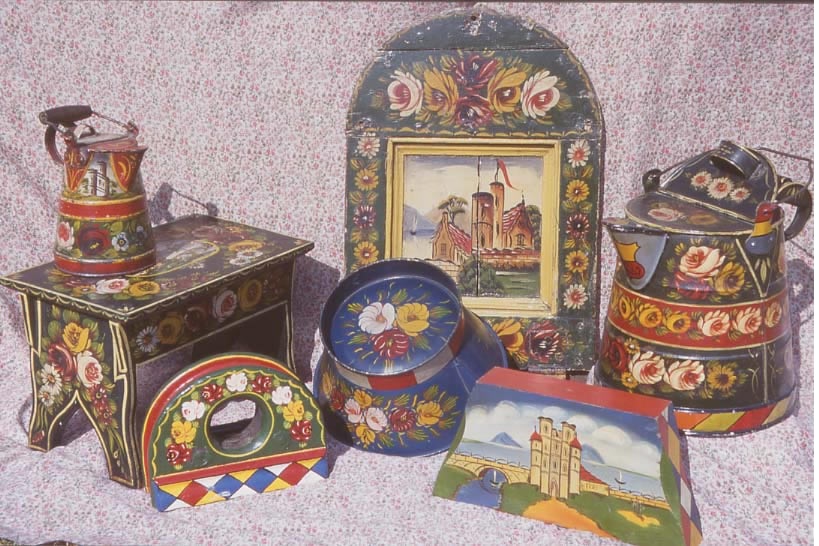Canal People
27/11/2015
Tony Condor, retire curator of the Waterways Trust, will look at Bosses, Boatmen and the jobs involved in running the canals.
 For twenty-five years Tony Conder was Curator of the British Waterways Collection. Initially he was based at Stoke Bruerne, from where he collected objects from all over the canal system. In 1988 he opened the National Waterways Museum at Gloucester and in 1999 became Curator to the Waterways Trust, taking the collection to national designated status.
For twenty-five years Tony Conder was Curator of the British Waterways Collection. Initially he was based at Stoke Bruerne, from where he collected objects from all over the canal system. In 1988 he opened the National Waterways Museum at Gloucester and in 1999 became Curator to the Waterways Trust, taking the collection to national designated status.
The early canals, linked directly to trade, were highly successful. However, national economic problems during the 1780s almost stopped further canal building. By 1790 the existing canals were beginning to make a profit, were seen as a good investment and the volume of goods carried by canal increased rapidly, enabling Britain to become the first industrial power in the World. As a result many people were to move from the country to the town, changing completely the face of British society. The success of the waterway system, and the industries it supported, had a major effect on Britain’s economy, creating the wealth necessary for the country’s world dominance in the Victorian era. However, waterways were essentially local in character - financed and built by local people, and their greatest effect was upon the communities through which they passed.
.jpg) Boat people lived in a closed community. Most boat people were born and brought up on the canals and they tended to marry boat people, possibly nobody else fancied the life and hard work! Some did take jobs on dry land, especially when trading was collapsing in the 'fifties, but few non boat people decided to work the canals
Boat people lived in a closed community. Most boat people were born and brought up on the canals and they tended to marry boat people, possibly nobody else fancied the life and hard work! Some did take jobs on dry land, especially when trading was collapsing in the 'fifties, but few non boat people decided to work the canals
Wotton-under-Edge Civic Centre
2 Gloucester Street, Wotton-under-Edge, GL12 7DN
Friday 27th November 2015 at 7.30pm
Visitors welcome.
Non-members £5 on the door
Events
There are no upcoming events, please check again soon.


